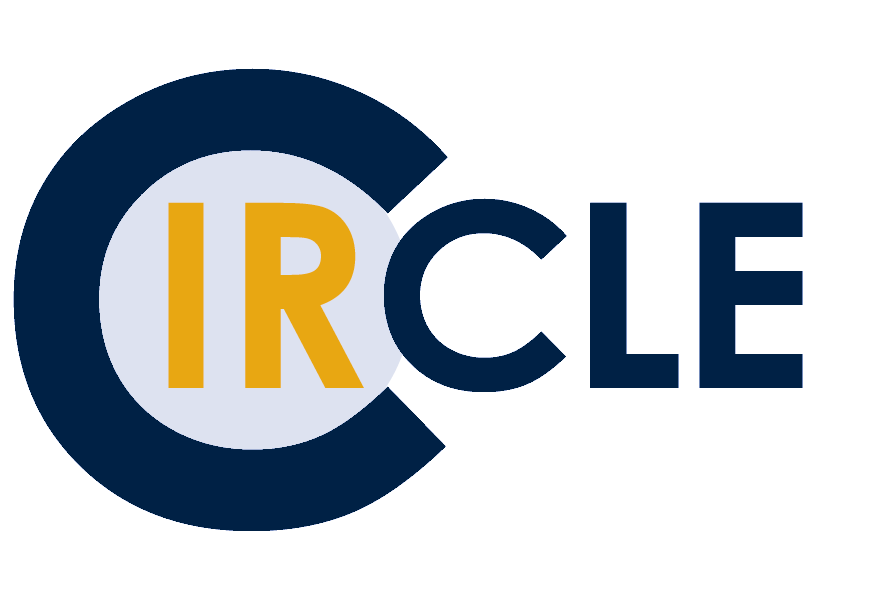Above image is courtesy of Pixabay
In musical practice, there is an assortment of musical elements at “play”.
Just think. Real-time creative decision-making. Risk-taking. Collaboration.
So what happens when they all “play” together?
Improvisation! That is, musical improvisation.
“I’ll play it first and tell you what it’s called later.” – Miles Davis
The International Institute for Critical Studies in Improvisation (IICSI) is known as “a central source for the collection and dissemination of research on the social implications of improvisational practices”.
Founded as a partnered research institute from the Social Sciences and Humanities Research Council of Canada (SSHRC) project, “Improvisation, Community, and Social Practice” (ICASP), IICSI has its own research team. It consists of 58 scholars, students, creative practitioners, and community partners representing 20 different academic institutions including the University of British Columbia (UBC) and over 30 community-based organizations.
Together, they are “creating a vibrant intellectual hub and a focal point for leading-edge research and critical inquiry in the field of improvisation studies”. Through this network comes the following benefits such as ‘new technologies and models for practice-based research, knowledge transfers, new research, student training, and development of policies, instruments, and technologies’ to list just a few.
IICSI has three main strategic research priorities: 1) Improvisation as Practice-Based Research, 2) Improvisation, Community Health, and Social Responsibility, and 3) Improvisation, Intermediality, and Experimental Technologies.
Below is a quick soupçon of the IICSI sample research-intensive questions under current exploration:
Sample Research Questions re: 1)
How do arts-based improvisatory practices themselves suggest new models of knowledge transfer?
How might these practices help us measure the impact of our research activities, and how might they enable a broader range of stakeholders to engage with these activities?
Sample Research Questions re: 2)
How do improvisational arts-based practices contribute to the development and flourishing of healthy communities?
How (and to what extent) do these practices help communities (particularly at-risk and aggrieved populations) produce new understandings of identity, history, memory, and the body?
Sample Research Questions re: 3)
How can new technologies help facilitate the ability of communities to improvise across time, space, and ability limitations?
How might intermedial co-creation develop new opportunities for mobilizing knowledge?
With more research questions arising faster than they can be probed, it is good to know that IICSI has created an online research library housing a range of items such as films, articles, think pieces, and interviews.
At UBC, cIRcle is not only helping to disseminate IICSI research and make it openly accessible, it is also archiving and preserving this unique musical form of scholarly research for future scholars, practitioners and the general public.
Explore the International Institute for Critical Studies in Improvisation (IICSI) Colloquium cIRcle collection via UBC Library’s Open Collections portal and stay tuned for more!
Are you a UBC researcher? Click here to add your research to cIRcle, UBC’s Digital Repository

